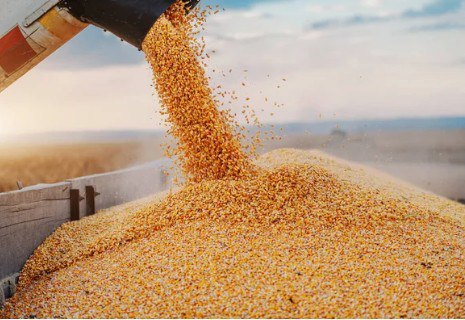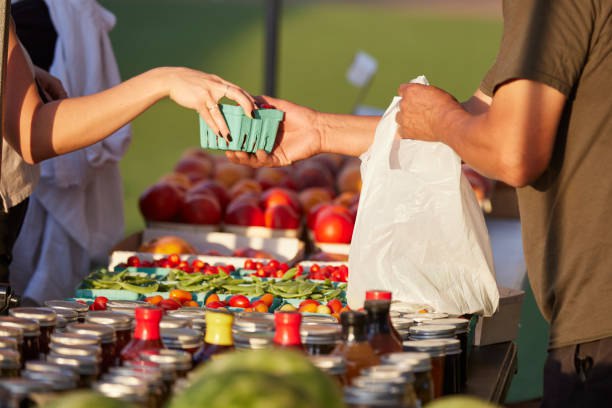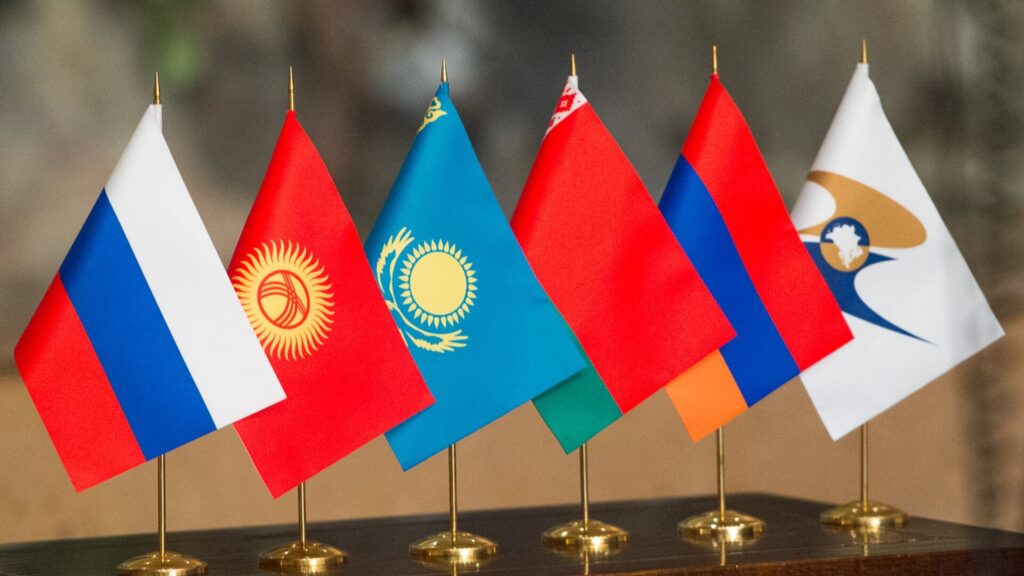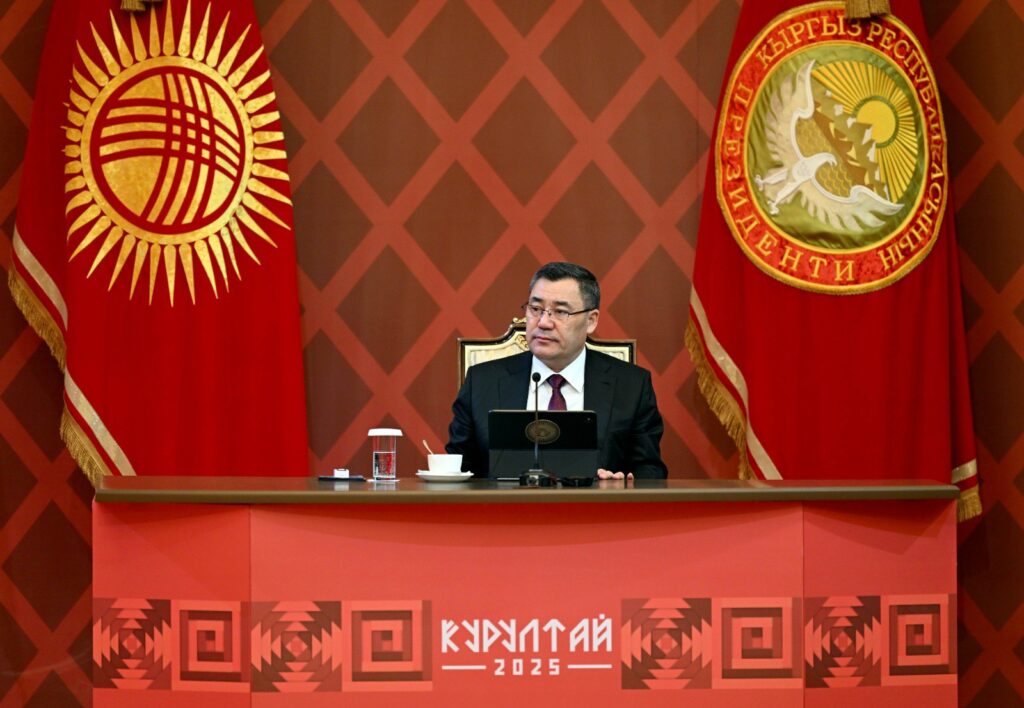Kazakhstan to Increase Grain Processing Nearly Tenfold by 2028
Kazakhstan plans to increase its deep grain processing capacity nearly tenfold by 2028, as part of a broader strategy to shift from raw material exports to the production of high value-added agricultural products. The initiative includes five major investment projects for wheat and corn processing, with a combined annual capacity of 4.8 million tons of grain. According to the Ministry of Agriculture, the projects will be located across the northern, southern, and central regions of the country and are expected to become a cornerstone of Kazakhstan’s agro-industrial transformation. These priorities were outlined during the fourth meeting of the National Kurultai in March 2024, where President Kassym-Jomart Tokayev emphasized the need for industrial diversification and greater economic resilience. Currently, Kazakhstan processes just over 510,000 tons of grain annually in the deep processing segment. The country has three specialized enterprises that produce starch, gluten, molasses, bioethanol, and other high value-added products. The five new projects are expected to attract $2.6 billion in investment and create approximately 3,300 jobs. Key developments include a wheat processing plant with a capacity of 415,000 tons per year in the Kostanay region; corn processing enterprises in the Turkestan and Zhambyl regions; and new production facilities in Astana and Akmola region focusing on starch, gluten, bioethanol, and amino acids. A significant share of these products will be exported to the U.S., Europe, China, India, the Eurasian Economic Union member states, the Middle East, and Africa. As previously reported by The Times of Central Asia, Kazakhstan harvested a record crop of grains and oilseeds in 2024, providing the raw material base for this upcoming industrial expansion.






